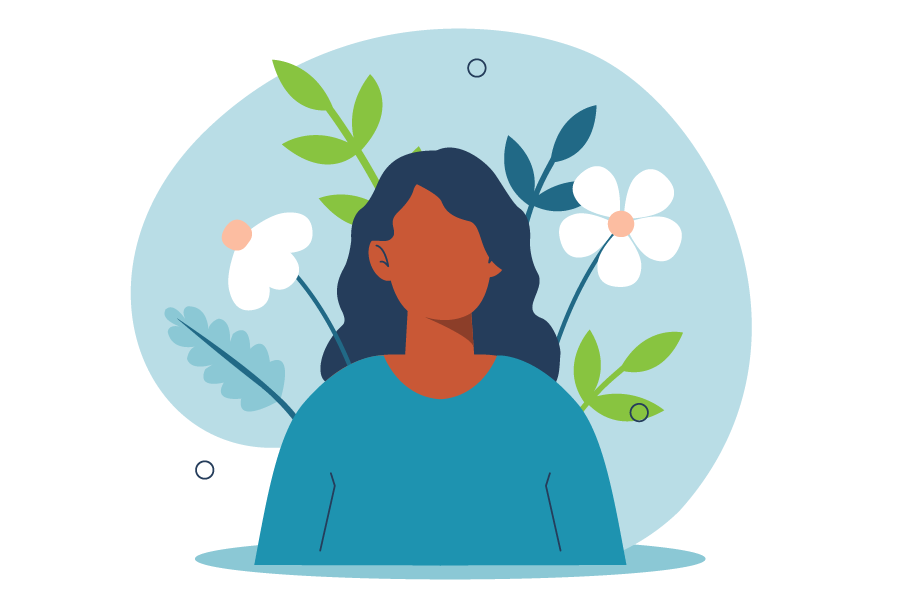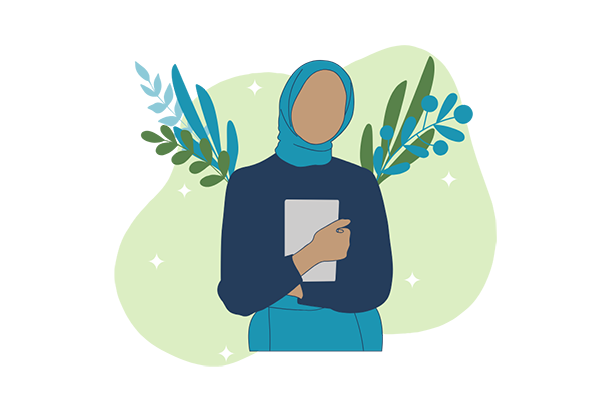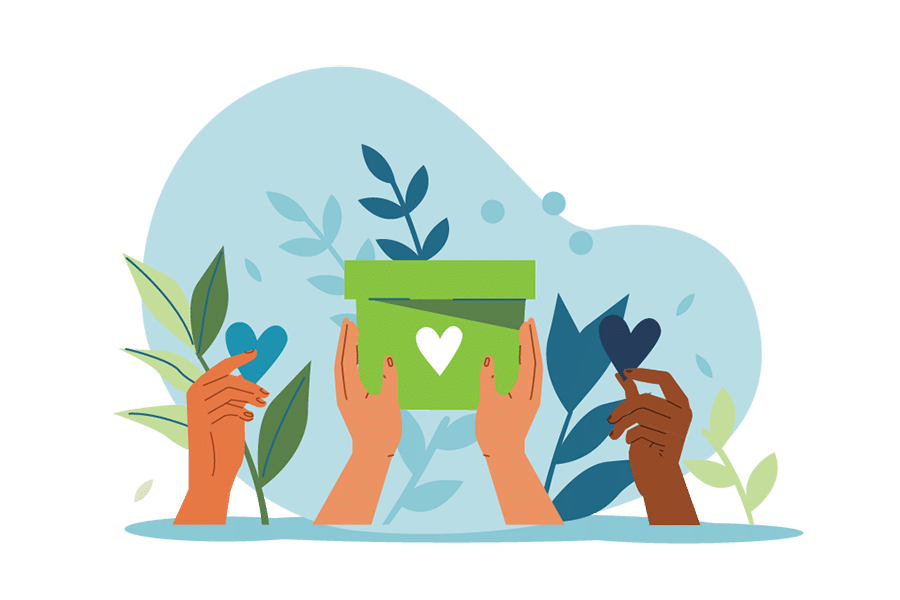If you know you need help, take the next step and contact us to discuss our programmes of support. No matter your age, gender, sexuality or relationship status, we have support options for you.
Whilst Freeva’s services are only available to those living in Leicester, Leicestershire or Rutland, anyone can contact us, and we will help you find the right support in your area.
The Domestic Abuse Act 2021 creates a statutory definition of domestic abuse:
“Domestic abuse” is defined as behaviour of a person towards another person that is abusive. The behaviour must occur between two people who are each aged 16 or over and are personally connected to each other. The definition emphasises that domestic abuse is not just physical violence, but can also be emotional, coercive or controlling, and economic abuse.
For further information about domestic and sexual abuse, including the frequently asked questions, signs to look out for and how and where to find support, please read the detailed articles provided.
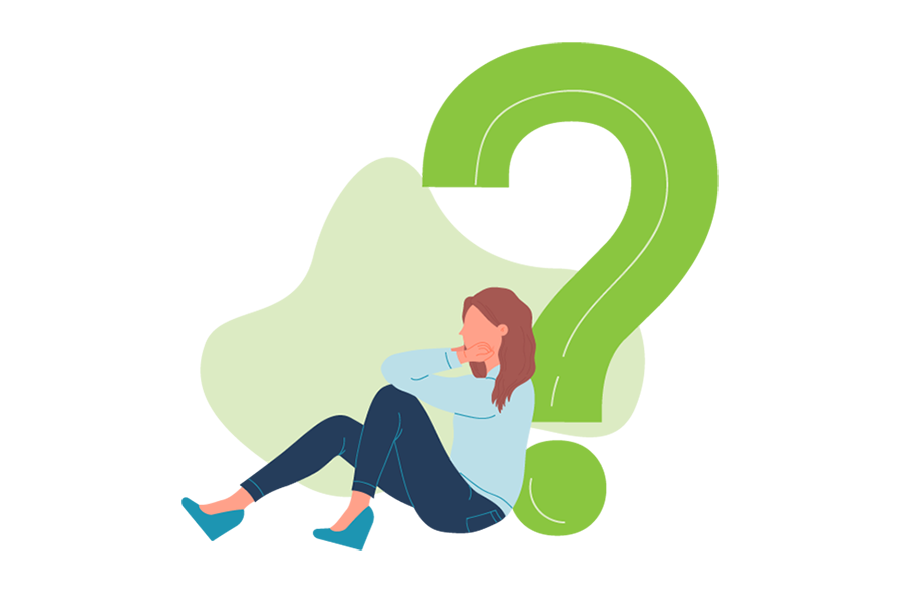

Our change programmes are run through The Jenkins Project; a project managed by Freeva, designed to help you step away from abusive behaviour. These programmes are group sessions, however discretionary 1 on 1 support is also available.
Our change programmes are run through The Jenkins Project; a project managed by Freeva, designed to help you step away from abusive behaviour.
These programmes are group sessions, however discretionary 1 on 1 support is also available.
We know that relationships at home can be really difficult, but we’re here to help and support you. We can listen to your problems, talk through any tricky relationships you have at home, and can give you some handy tips to help with improving your situation.
We know that life can be hard as a young person, but you’re not alone. Many others in the same situation as you have come to us for help.
To get started with your referral onto one of our Jenkins Project Programmes, please call the number below or fill in the self referral form; if you are a professional looking to refer someone else, please fill in the professionals referral form.
These are our core office hours for The Jenkins Project. Should we be unable to answer the phone due to being with a client, please leave a message and we will get back to you as soon as possible.
Please Note: If you’re 18 and under and looking for support, please use “The YP Project Self Referral” form. If you’re over 18, please use “The Jenkins Project Self Referral” form.
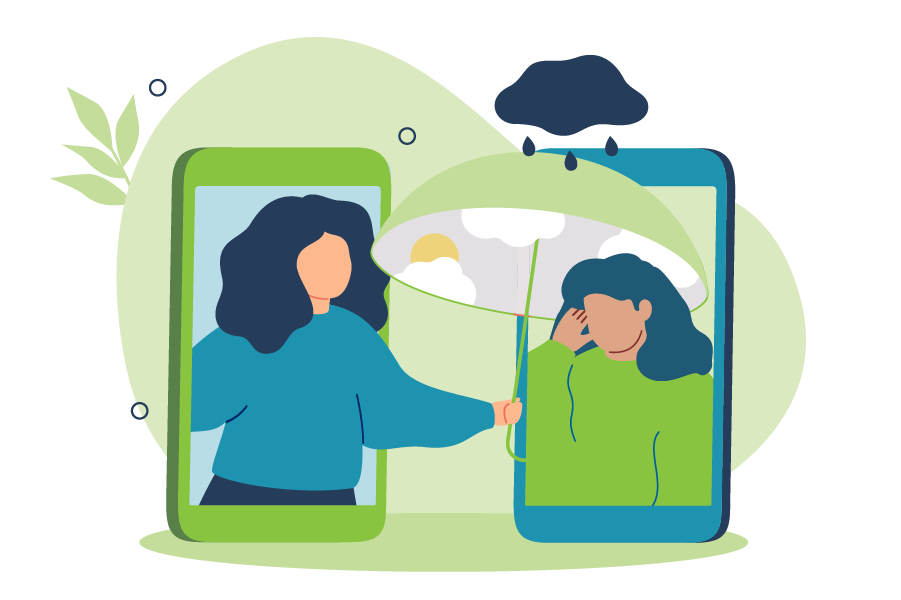
For anyone who has a partner or ex-partner attending our Jenkins Project programmes, we offer confidential support, a safe space for you to talk about how you feel, and your past experiences.
Within our Partner Support service, we offer emotional support, self-care, exercises to aid the development of self-esteem, safety planning, signposting/referrals to other services and professional support.
If this sounds beneficial, please visit our Partner Support page for further information and to call our helpline for the next steps.
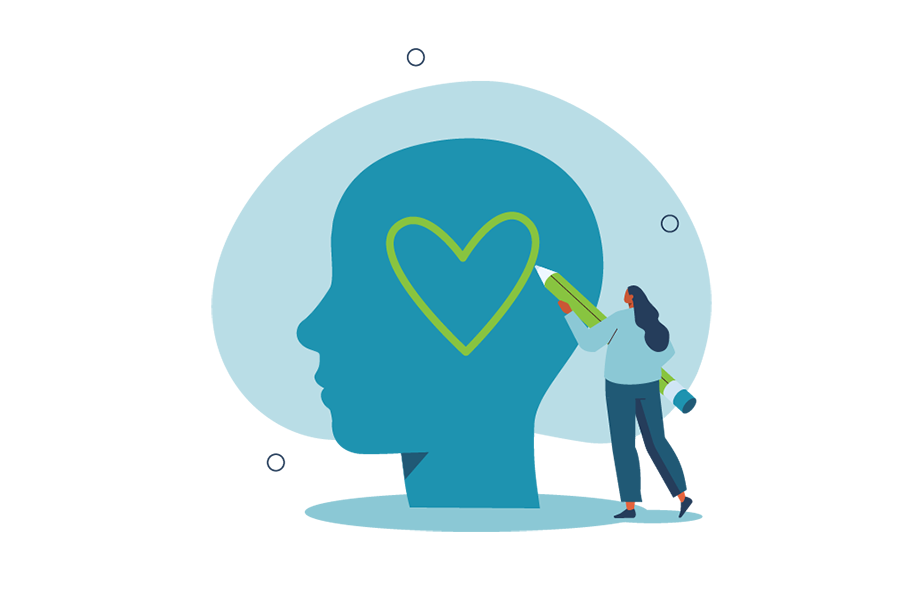
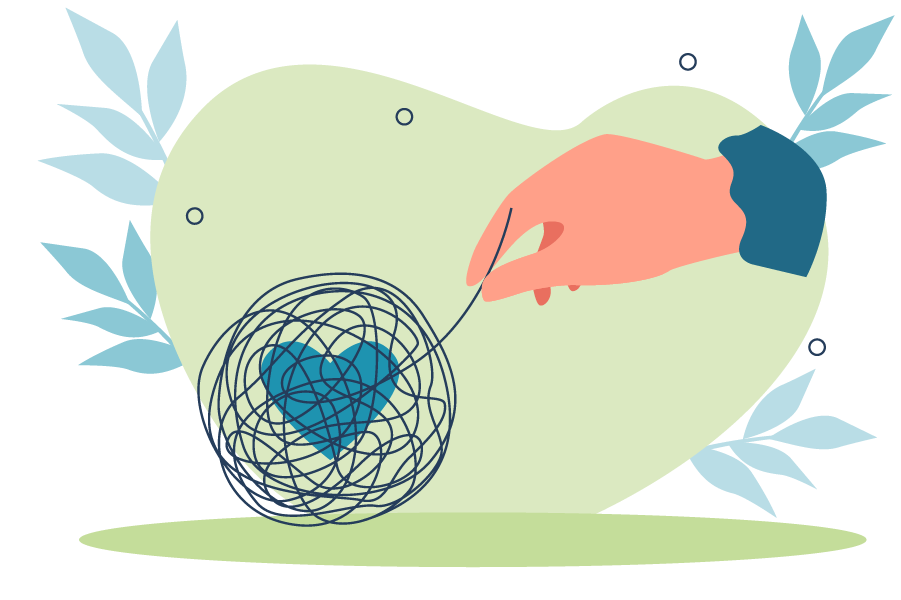
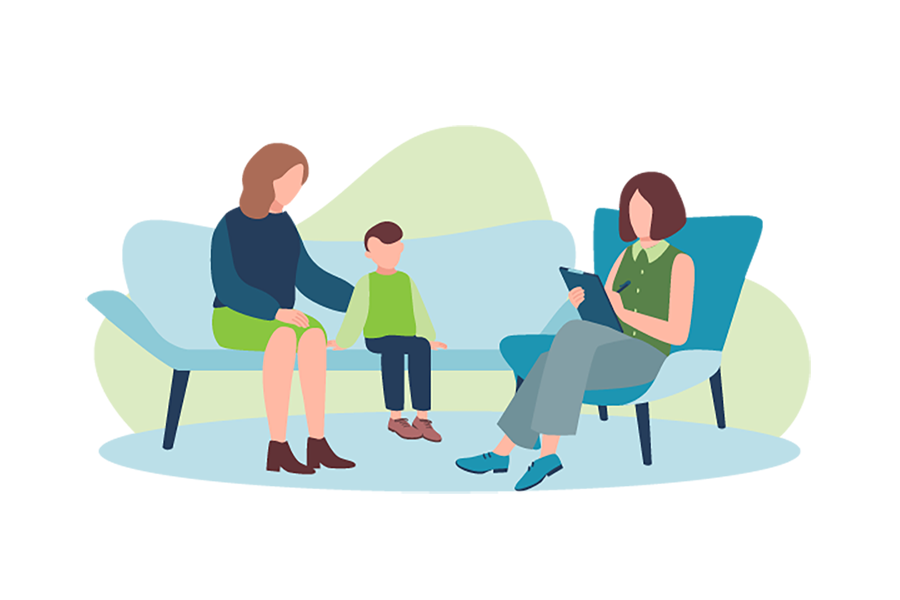
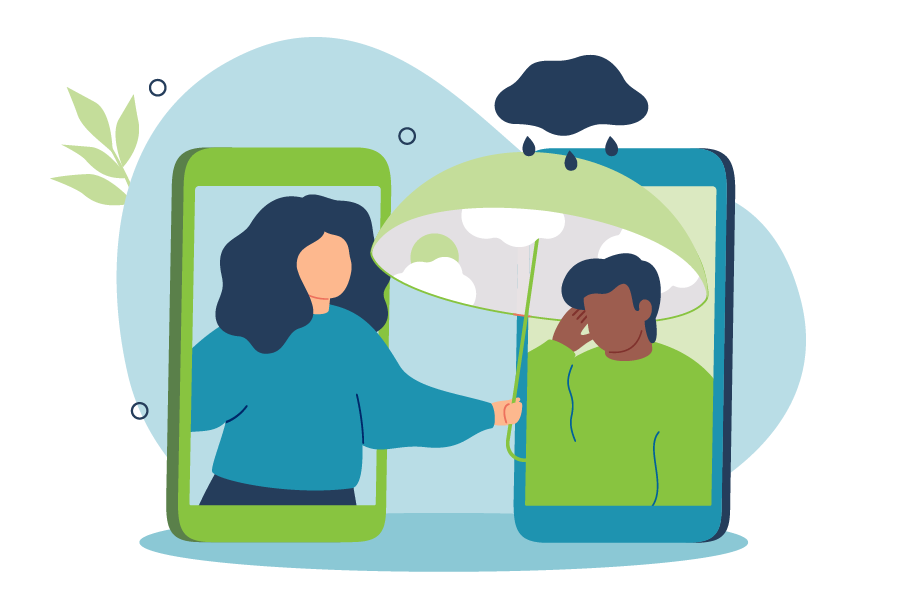
We know that our emotions don’t just go away, and that responding positively to situations is not always easy.
Bad days and triggering situations might make you feel like you’ve taken a backwards step on your journey, but we want to reassure you that you’re still on the right path, and we’re always available for help and support in the future should you need it.
If you’ve completed one of our interventions, we offer 1-2-1 maintenance support, as and when you need it. To attend a support session, give us a call and speak to one of our friendly team.

